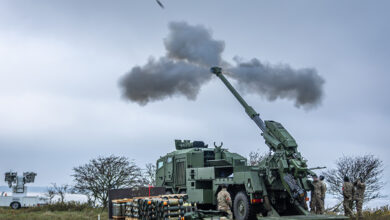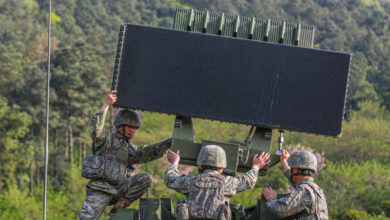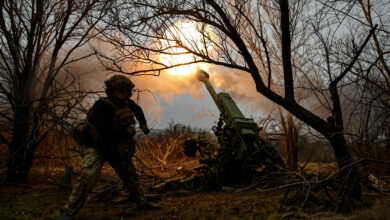Hacktivists Disable Russian Internet in Occupied Ukraine Territories Over the Weekend
A cyber group disrupted Russian Federation-backed internet services across Ukrainian territories currently occupied by Moscow last week.
Called the IT Army, the Ukraine-based hacktivists claimed in a Telegram post they had attacked three Russian telecommunication companies operating in the regions through a distributed denial-of-service or DDoS approach.
DDoS is a method by which actors “flood” a server with internet traffic to block users from accessing sites.
‘Another Blow’
The providers affected by the breach included Miranda-Media, Krimtelekom, and MirTelekom.
“Today, our intel orchestrated a ‘thousand proxies’ strike,” IT Army stated. “This affects not only Crimea but also occupied parts of Kherson, Zaporizhia, Donetsk, and Luhansk regions.”
“Another blow by our cyber army disrupting enemy military communication at the frontlines.”
The Russian operators confirmed the assaults Friday evening, saying that the “unprecedented level of DDoS attacks” caused “temporary unavailability” of their services.
“All technical and IT services of the company have been placed on high alert,” the companies said. “All necessary measures are being taken to restore the network’s functionality.”

Hours later, Miranda-Media announced that about 80 percent of services, including internet connectivity, mobile data transmission, and voice communication, had been restored in all three firms.
Meanwhile, several internet connections remained unavailable across Crimea by Saturday as maintenance efforts from the companies proceeded.
The IT Army
The IT Army gained notoriety in the wake of Russia’s invasion of Ukraine in February 2022.
Since then, the group has facilitated countermeasures to defend Ukraine’s digital domain from potential vulnerabilities.
The hacktivists attacked Crimean network providers earlier this month to obstruct surveillance cameras along the region’s western coast and block Russian military logistics.
Other operations the group has conducted involve attacks on Russian banking websites, government portals, and corporations.
Currently, 200,000 to 400,000 volunteers are running the IT Army campaigns.












